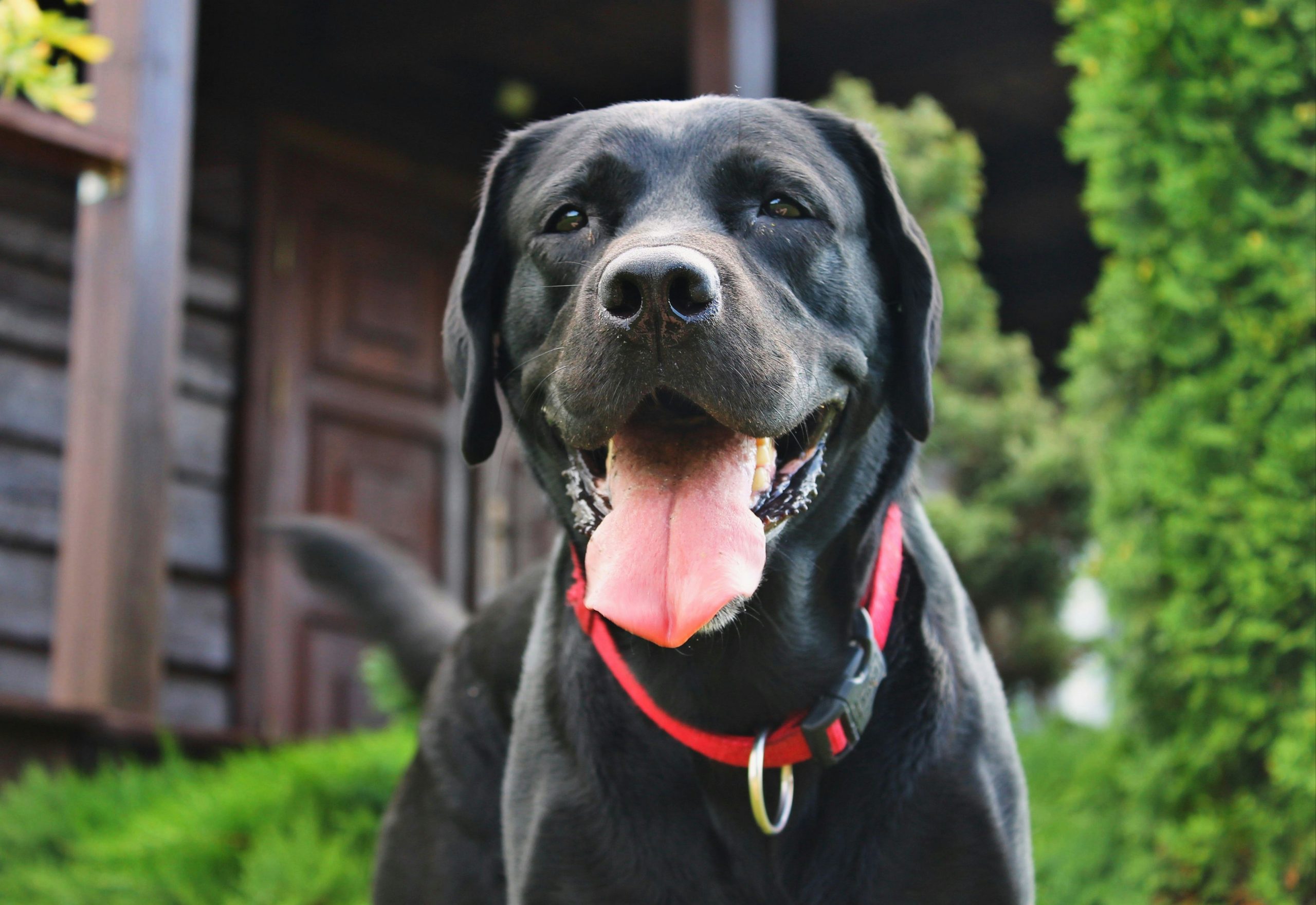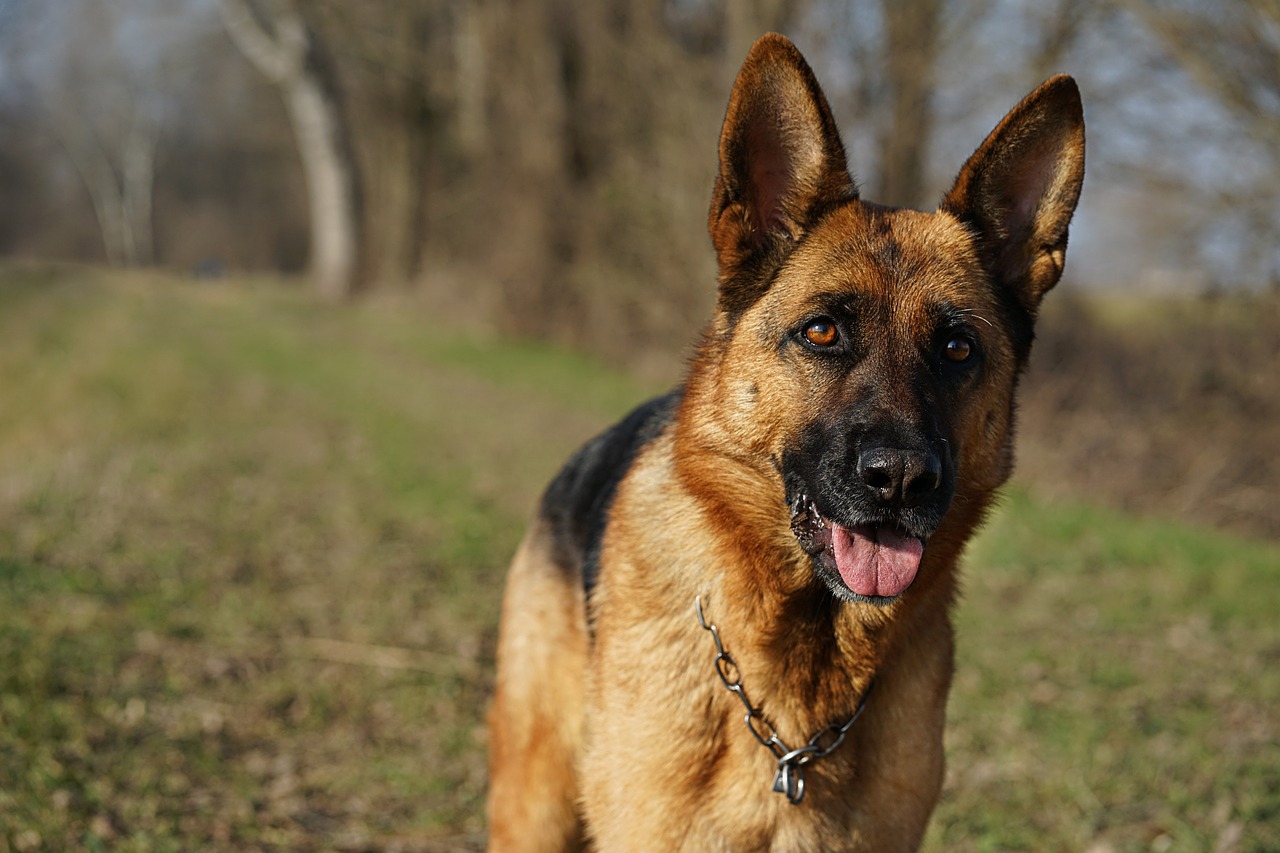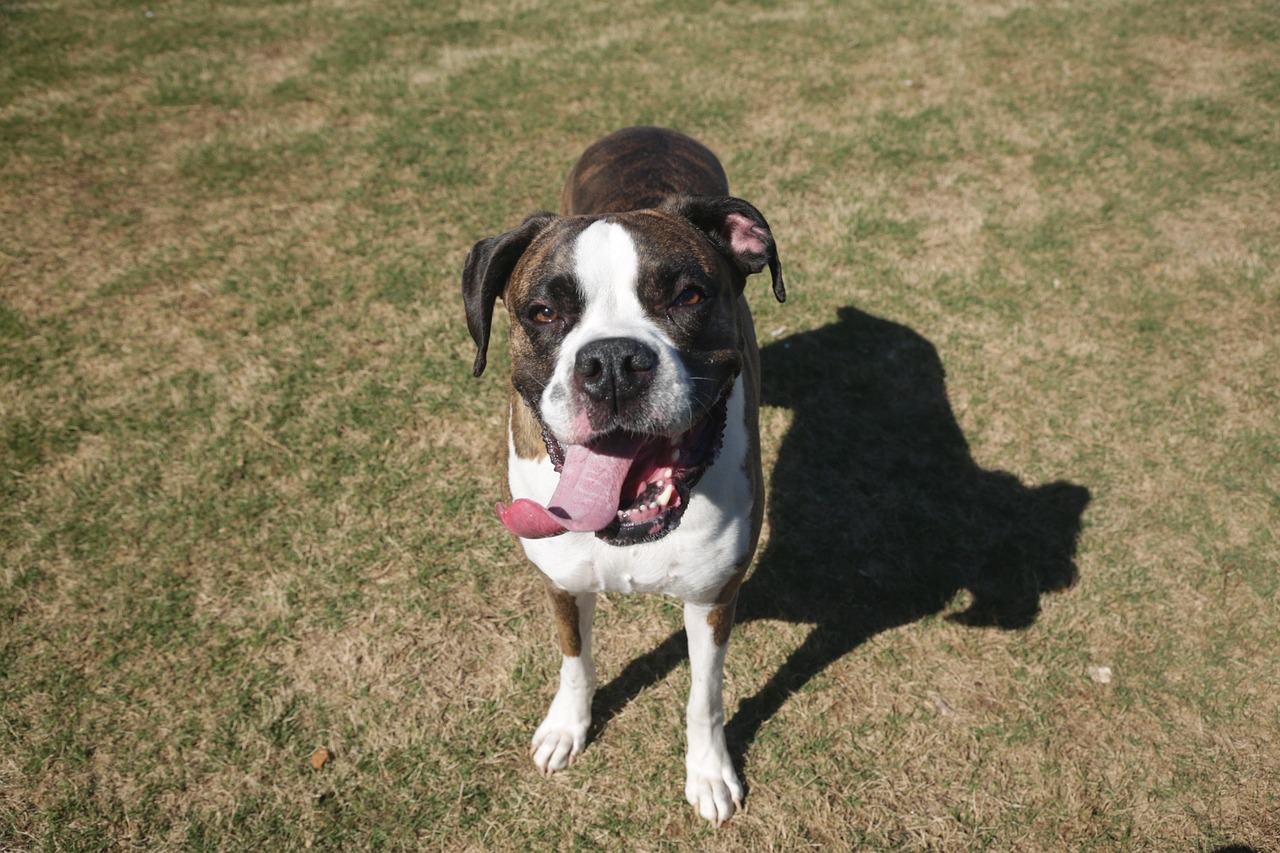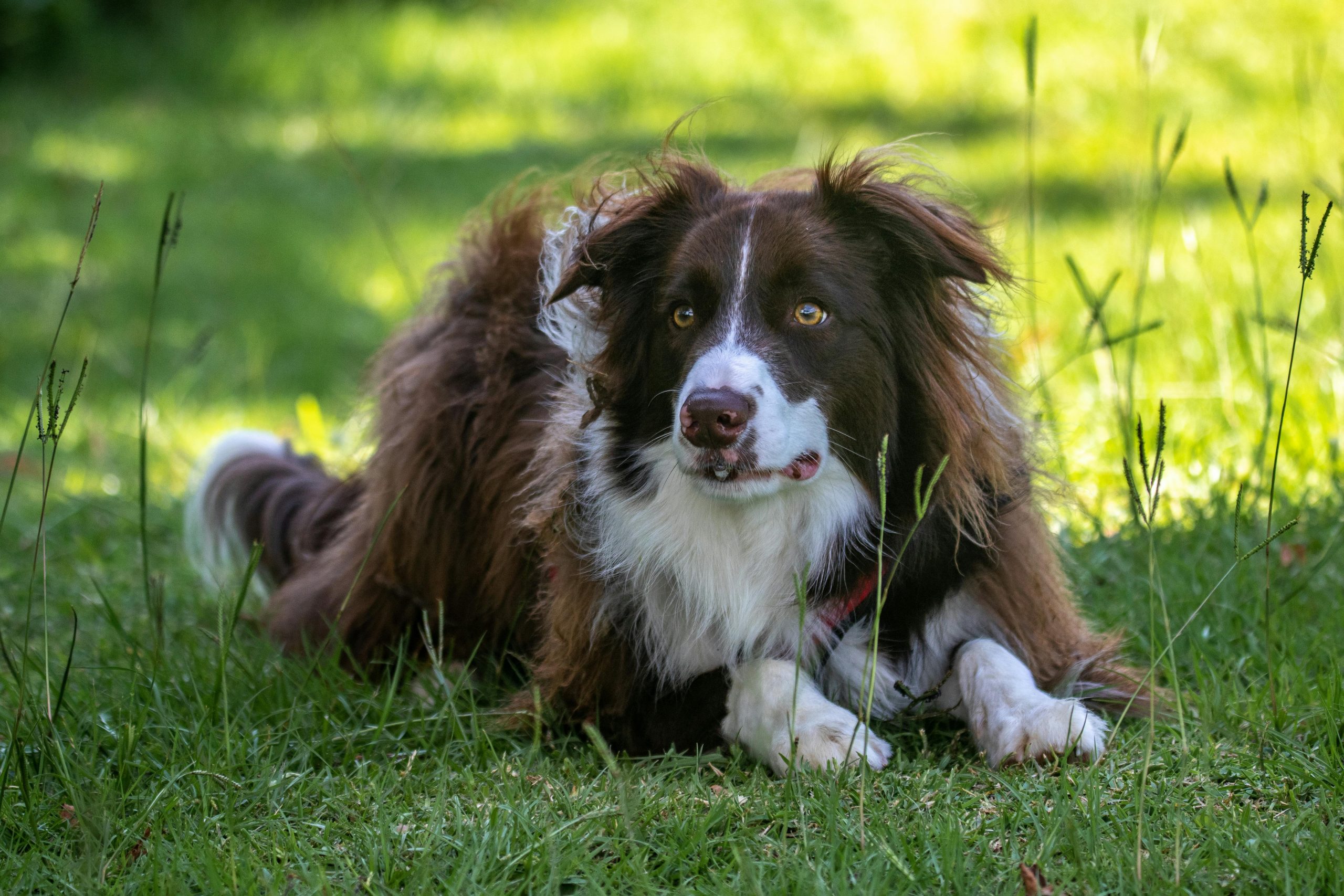Dogs have long been known for their extraordinary abilities to assist humans, not just for companionship or security but also in medical fields. Certain dog breeds, with their acute senses and trainability, excel in detecting medical conditions, providing not only invaluable assistance but also enhancing the quality of life for many individuals with health challenges. These dogs can detect changes in body odor, behavior, or environment that are imperceptible to humans, alerting their handlers to medical issues such as blood sugar levels, imminent seizures, or even the presence of cancer cells. Here are six dog breeds renowned for their ability to detect medical conditions, showcasing the profound impact they can have in the realm of health care and personal assistance.
1. Labrador Retriever
Labrador Retrievers are one of the most versatile breeds when it comes to medical detection. They are commonly used as diabetic alert dogs due to their ability to detect low or high blood sugar levels through scent. Labs are trained to alert their owners when they detect changes in their blood sugar, either by pawing, nudging, or retrieving a specific tool to help. Their calm nature and eagerness to please make them excellent companions for those needing regular monitoring.

2. German Shepherd
German Shepherds are highly valued for their work in all forms of service, including medical alert tasks. They are particularly effective in working as seizure-alert dogs. German Shepherds can be trained to detect subtle changes in behavior or scent before a seizure occurs, allowing them to alert their handler in advance to take medication or move to a safe location. Their intelligence and protective instincts make them particularly adept at providing both physical and emotional support during medical emergencies.

3. Golden Retriever
Golden Retrievers are known for their gentle disposition and intuitive nature, which makes them excellent at detecting various medical issues. Similar to Labradors, they are often used as diabetic alert dogs. Additionally, their sensitive nature allows them to work as cardiac alert dogs; they can detect and respond to oncoming heart attacks or other cardiac issues, providing critical minutes for their handlers to seek help.

4. Poodle
Poodles rank among the smartest dog breeds, and their sharp intellect makes them superb at medical detection. Poodles have been trained to sniff out certain types of cancers, utilizing their acute sense of smell to detect unique odors associated with skin, breast, or bladder cancers. Their hypoallergenic coats also make them suitable for indoor environments like hospitals or homes of individuals with allergies, ensuring their compatibility with a range of medical patients.

5. Boxer
Boxers are not only loyal and protective, but they also have a high capacity for medical alert tasks. They have been known to work as seizure-alert dogs and are particularly good at providing physical support due to their sturdy build. Boxers can be trained to perform specific tasks post-seizure, such as activating an alarm system or providing physical support to help their handler regain stability.

6. Border Collie
Border Collies are exceptional at detecting seizures due to their intense focus and energy. They are capable of learning a variety of alert behaviors and can be trained to notify their handlers of impending epileptic seizures. The breed’s natural herding instinct also makes them adept at guiding their handlers to safe locations or bringing medication as needed.

In conclusion, these six dog breeds demonstrate incredible capabilities in medical detection, each bringing their unique skills to the field. Their abilities to sense and respond to medical emergencies not only provide reassurance but also save lives, highlighting the invaluable roles dogs can play in healthcare settings. Their partnership with humans goes beyond companionship, serving as a bridge to better health management and a greater understanding of complex medical conditions.
 Toledo, United States.
Toledo, United States.